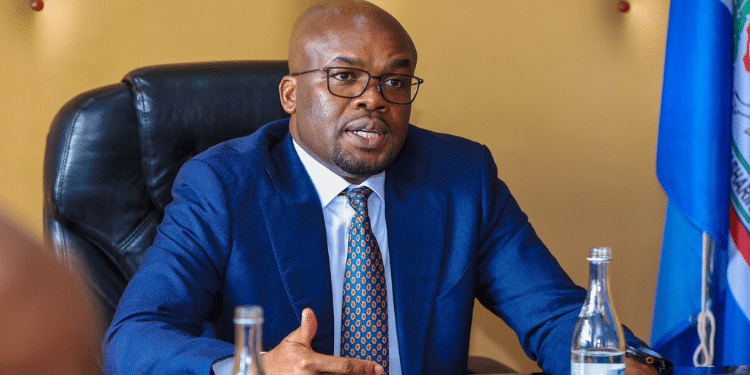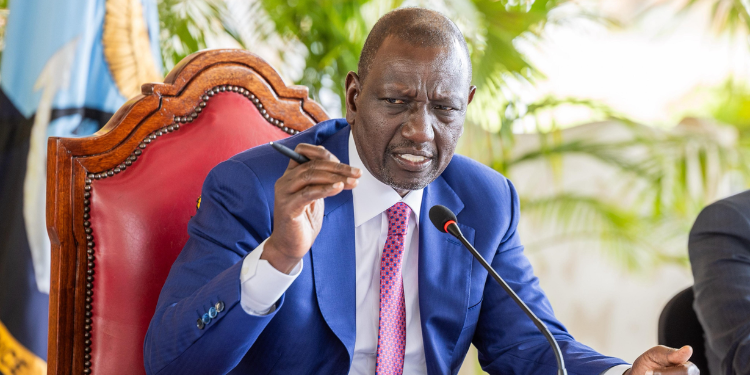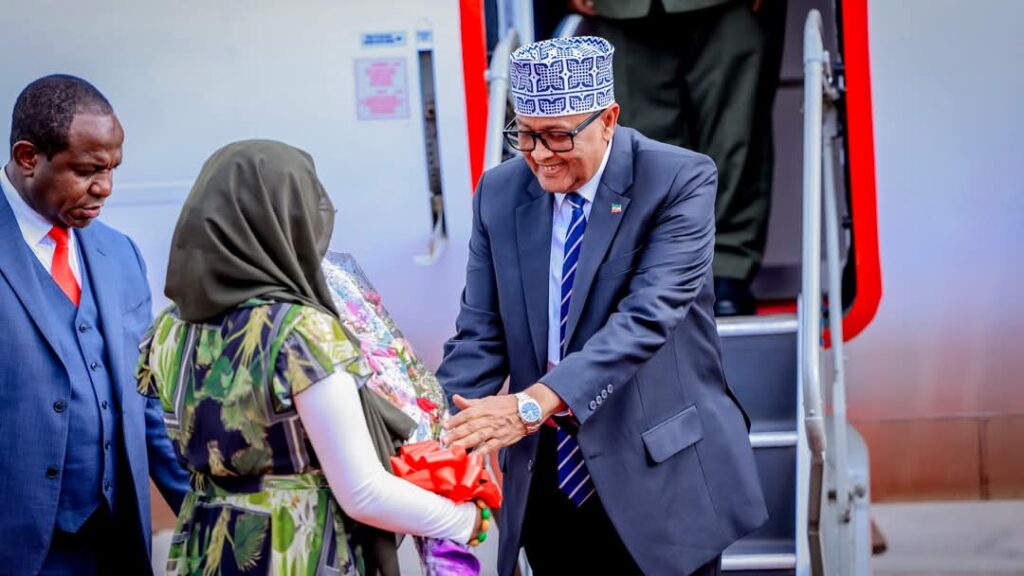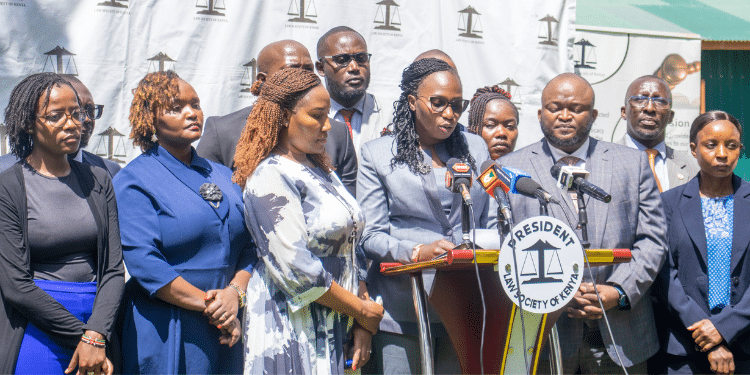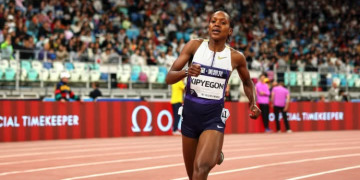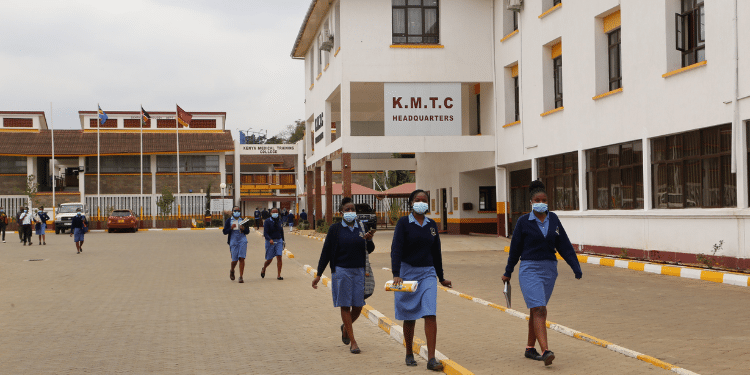Doctors at the Kenyatta National Hospital (KNH) attained a remarkable milestone as they successfully conducted the first ever laparoscopic kidney implant.
The procedure was conducted on a patient named Dickson Njoroge Ndekei, with the kidney donor being his cousin Dickson Ndekei, whom they share a similar name.
In a statement on February 8,2024, KNH noted that the surgery was the first of its kind to be conducted at a public hospital in Kenya.
“KNH doctors have successfully conducted the first ever laparoscopic kidney transplant at a public hospital in Kenya,” read part of the statement.
It was conducted by a team of medics specialized in Urology led by Dr Charles Waihenya and Paul Njogu.
On his part, the recipient thanked the medics for the successful transplant as he shared his journey since he was diagnosed with kidney failure.
“I thank Mr. Ndekei, the management of the hospital and all the medical personnel who were involved in the process. May God bless you all,” said Mr. Dickson.

The 36-year-old revealed that he was diagnosed with chronic kidney failure in 2023, after years of assumptions.
Patient explains medical journey
Being diabetic, Dickson mistakenly thought his recurring symptoms were as a result of the sugar-levels-related disease.
“I always felt tired and worn out after work and could not sleep well so I thought these were normal signs and symptoms of diabetes. I have been a diabetic patient since 2004,” he said.
He further noted that he suffered from blurry vison and yellowish eyes which prompted him to visit an eye clinic at PCEA Kikuyu Mission Hospital.
At Kikuyu, the medics indicated that he must have been suffering from a renal problem, prompting them to refer him to KNH.
Also Read: Govt Flags Ministry of Health Mass Recruitment Advert
Unfortunately, he was diagnosed with kidney failure at the largest public hospital in Kenya.
“I started dialysis sessions at the Renal Unit. The doctors advised that there were two options: dialysis and transplant. I opted for transplant after confirming that it was successfully done at the hospital,” he added.
His choice meant that he had to find a donor and he opted to bring forth his siblings for donor matching.
However, both his brother and sister failed to match the tests which led to his cousin agreeing to donate one of his kidneys after a successful match.
“We found out that my cousin had kidney failure sometime last year, after inquiring about hospitals that do transplants, I decided to donate my kidney to my cousin so that could survive like everyone else,” said his cousin.
KNH lauded
After the surgery, KNH noted that the procedure was previously done only by traveling medics from abroad.
KNH Chief Executive Officer Evanson Kamuri, congratulated the team, saying that the Hospital was working towards improving the operational efficiency of its kidney transplant program.
Dr Kamuri further said that such a procedure was possible with the availability of the only tissue typing laboratory among all hospitals in the region at KNH.
“Our focus now is to increase operational efficiency of our transplant program. This includes reducing our turnaround times,” he said.
The Hospital further revealed that the surgery, which was delicate and minimally invasive, took three hours.
In an interview, Dr Njogu highlighted that technology played a major role as the medics were able to use computer guided laparoscopic instruments.
Also Read: Moi’s Daughter-in-law Sues Family Over Son’s Ksh 2.5Million Hospital Bill
According to him the guided medical equipment makes the process far safer for both the donor and the recipient.
“We are moving from the traditional open method to a far more advanced modern frontier,” said Njogu.
The respected urologist further noted that the method is aesthetically appealing as it does not leave a scar on the patient unlike an open surgery.
“It takes less time thereby reducing the turnaround time with better clinical outcomes,” he added.
Kidney transplant
According to Mayo clinic, a laparoscopic donor nephrectomy involves surgeons conducting the procedure through one or several small incisions in a patient’s abdomen.
This is through the use of surgical instruments and a long, thin tube with a camera at the end (laparoscope).
Specialized surgeons remove the kidney through the incisions with their hands.
Kidney transplants involve surgically placing a healthy kidney from a living or deceased donor into a person whose kidneys no longer function properly.
The main function of kidneys is to filter and remove waste, minerals and fluid from the blood by producing urine.
When these crucial organs lose this filtering ability, harmful levels of fluid and waste accumulate in the body.
This can further lead to high blood pressure, in the end resulting in kidney failure which is the end-stage renal disease.
People with end-stage renal disease need to have waste removed from their bloodstream via a machine (dialysis) or a kidney transplant to stay alive.


